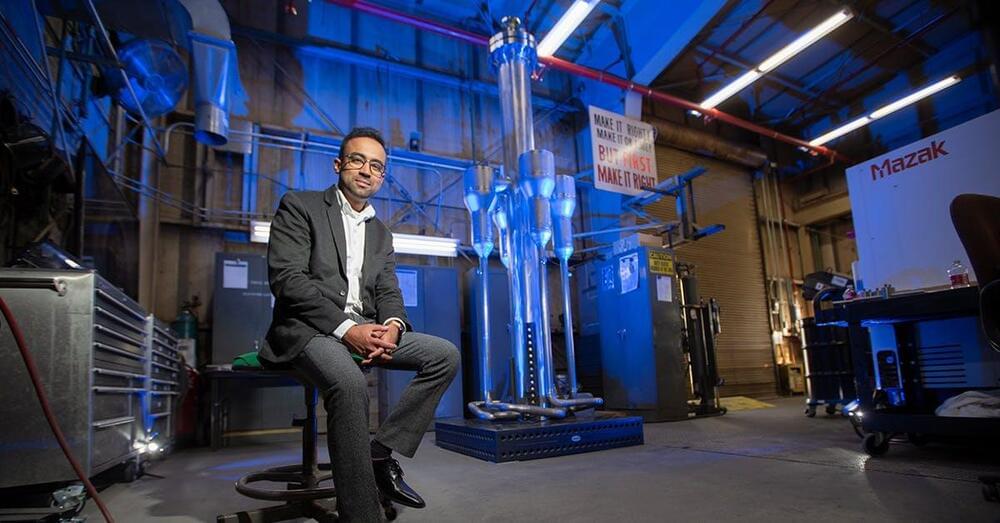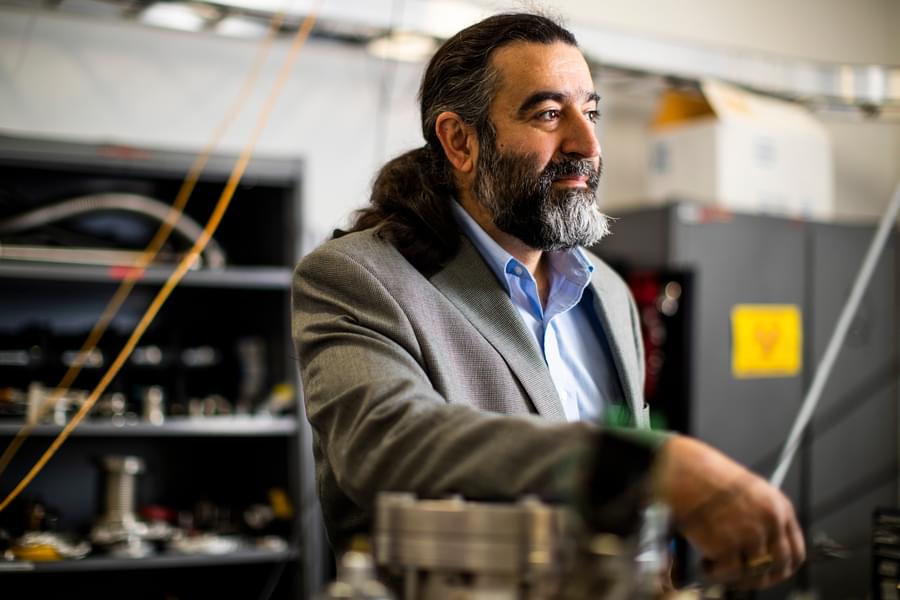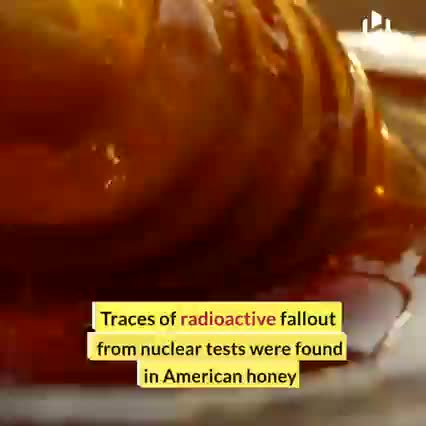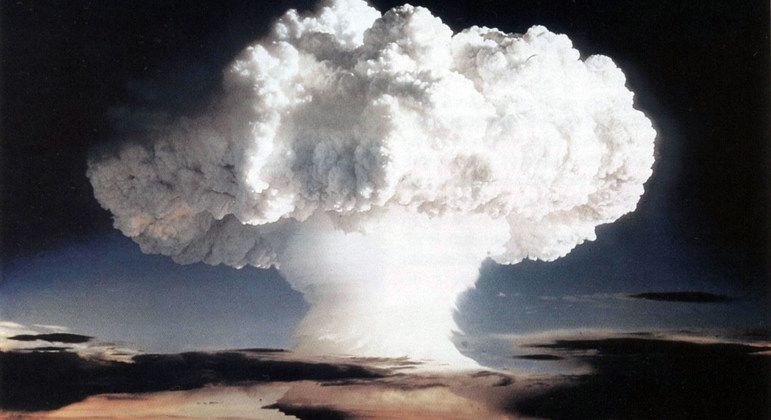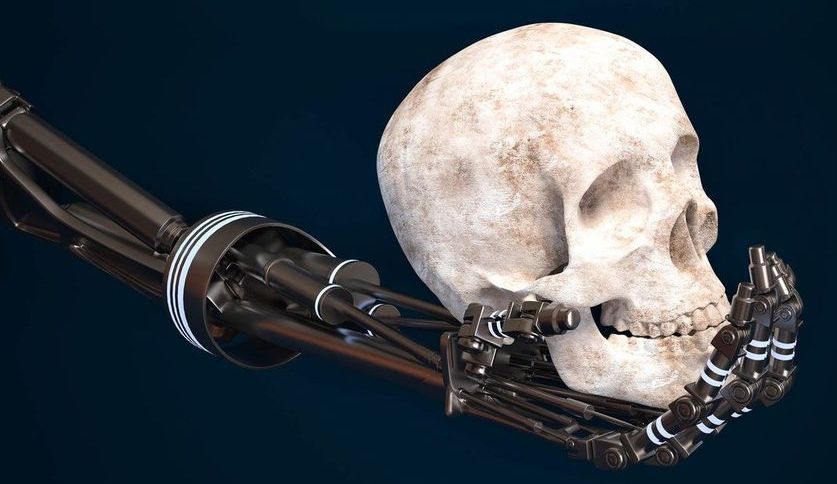Yasir Arafat is a MARVEL superhero. No, he’s not a Marvel Comics superhero. Rather, he’s a nuclear engineer leading development of the U.S. Department of Energy’s Microreactor Applications Research Validation and Evaluation (MARVEL) project at Idaho National Laboratory.
And from concept to construction, MARVEL is coming together at lightning speed.
By donna kemp spangler, INL communications & outreach.
No, he’s not a Marvel Comics superhero. Rather, he’s a nuclear engineer leading development of the U.S. Department of Energy’s Microreactor Applications Research Validation and Evaluation (MARVEL) project at Idaho National Laboratory.
